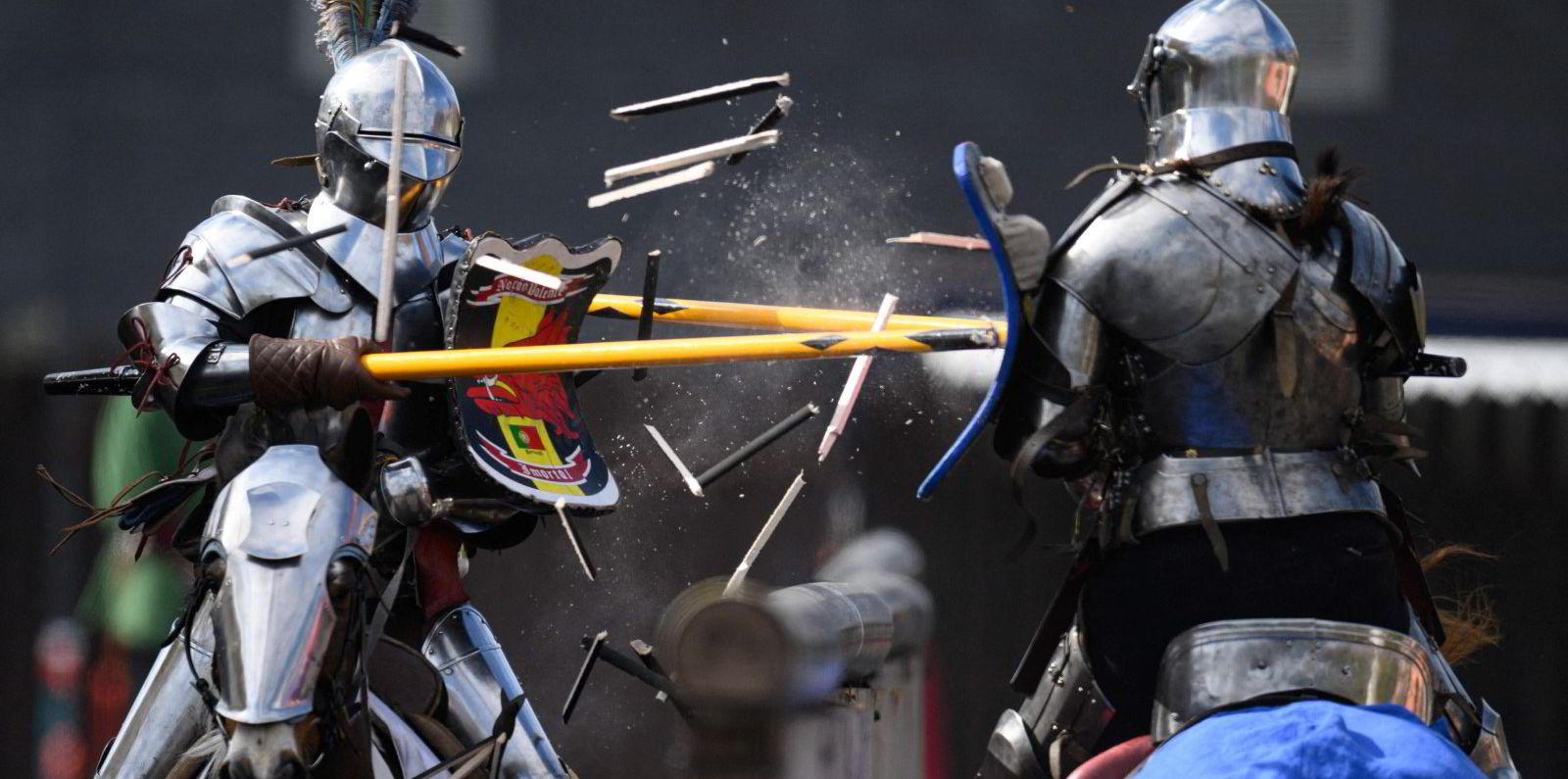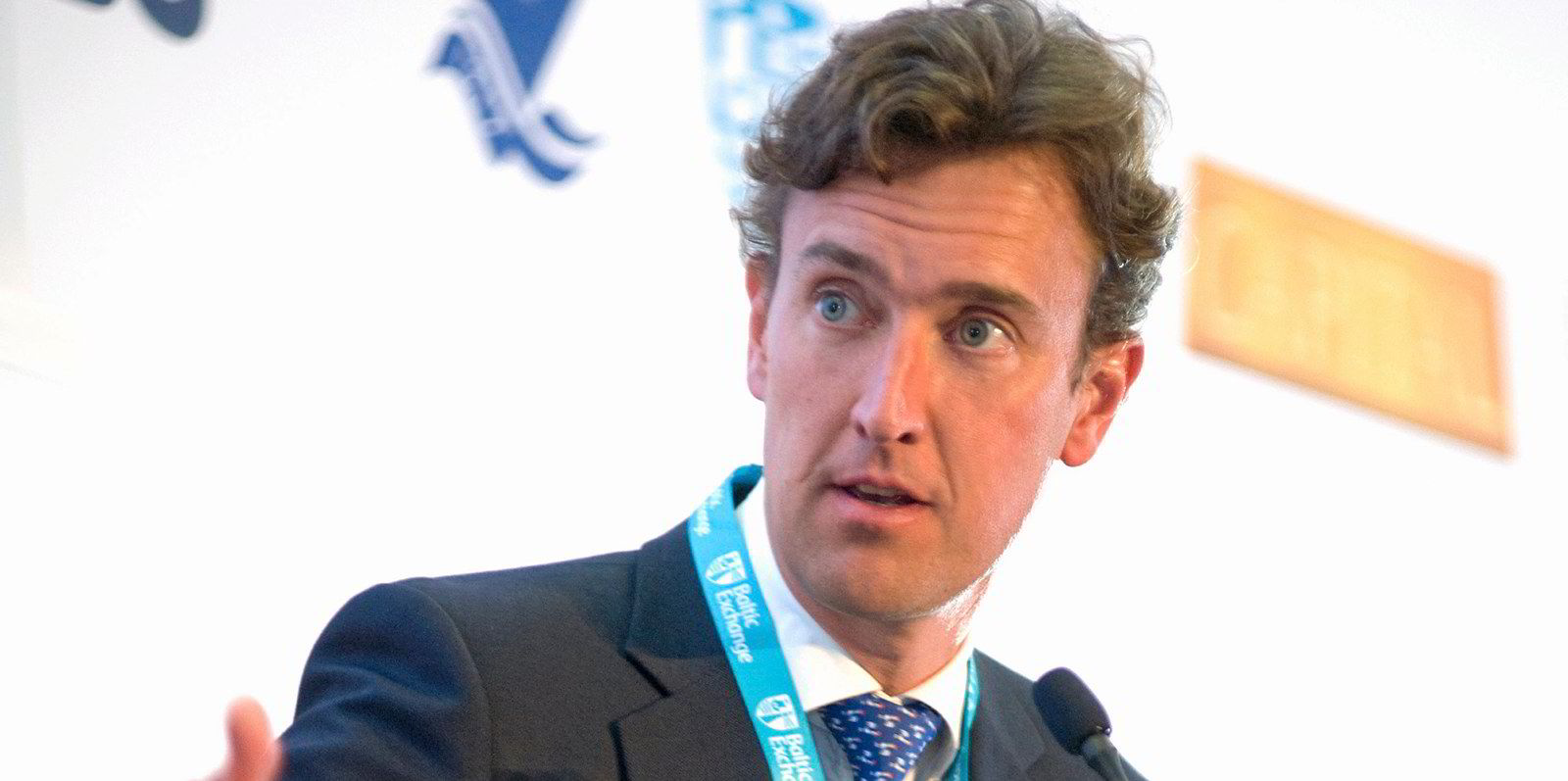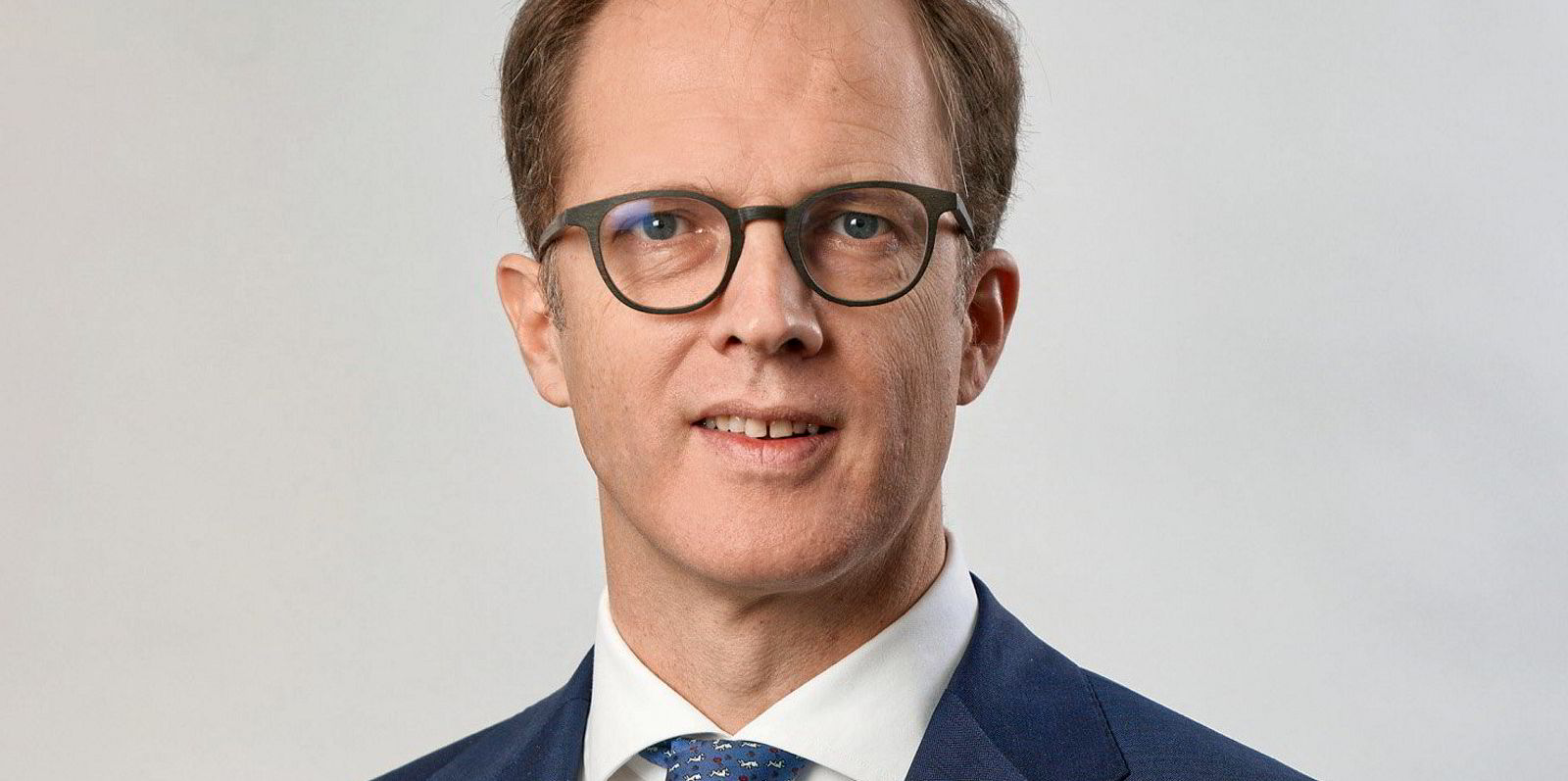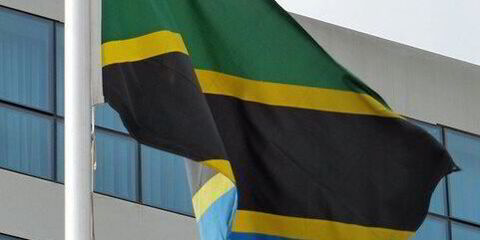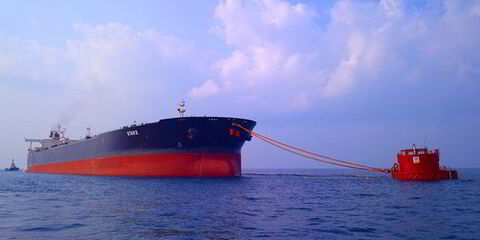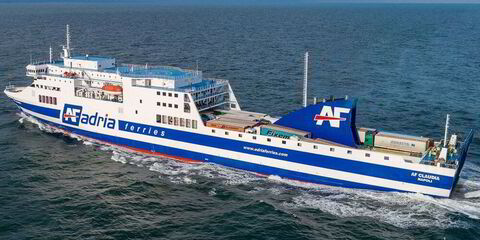So the battle royale in the “supertanker” sector that kicked off in April has turned into a wily war of tactics.
John Fredriksen this week opted to try to navigate around his arch-opponent Marc Saverys in his bid to create the largest VLCC fleet in the world through a $4bn merger with Euronav.
Both sides have expended words and been cash building up their shareholdings in Euronav to 19% and 20%, respectively.
Head-to-head bombardment
But the head-to-head verbal bombardment was proving indecisive with investors and neither Fredriksen nor Saverys were willing to give ground even as the Euronav directors remained firmly supportive of the former.
The Norwegian-born tanker magnate is now going for a share swap with Euronav that many analysts believe is likely to succeed, although the Saverys family insist the battle is far from over.
In a statement on Tuesday, the Belgian family — which controls Compagnie Maritime Belge — rubbished the latest manoeuvre, questioning the cost-saving benefits and decrying the complexity of the structure.
The Saverys family said the merger of two competing tanker entities could only lead to huge conflicts of interest and potentially a dilution of shareholder value, so should be opposed.
Certainly, the family would be left in defeat with a very significant shareholding but no effective power to control policy. Or they would need to bail out with a chunk of cash but pride dented.
The latest twist to the story was unveiled on Monday, when Fredriksen’s Frontline announced plans for a voluntary share swap with Euronav at a ratio of 1.45:1.
This would leave existing Euronav shareholders with 55% of the combined Frontline/Euronav group with the remaining shares owned by Frontline investors of whom Fredriksen is the largest.
But later when — as planned — Frontline makes a full offer to control Euronav, it will only need 50% plus one share of Euronav rather than the approval of 75% of Euronav shareholders currently needed.
The irony of this big battle is that owning VLCCs at the moment is not a hot ticket with freight rates in the doldrums — despite the odd spike late last month — and few signs yet that the Russian invasion of Ukraine will bring the premium afforded smaller tankers.
War of attrition
Fredriksen sees the merger with Euronav — still together controlling less than 10% of the world VLCC fleet — will create the perfect vehicle for consolidating the sector as well as expecting the market to change for the better.
Optimists believe the war of attrition between Russia and a US-backed Ukraine will transform geopolitics.
In its search for oil to back up sanctions against Moscow, Washington is expected to eventually lift crude embargoes on Venezuela and Iran while rebuilding relations with Saudi Arabia and encouraging Opec to open the oil taps.
Certainly, Frontline and others are hoping for this — if only to eliminate the phantom fleet of “dark” sanctions-busting tankers, which are operating (literally) under the radar screen.
All of this, think positive thinkers, will bring more petroleum into the market at a time when new Covid lockdowns in China will ease.
Meanwhile, the Saverys family, who created Euronav, see the tanker sector as a sunset industry with a last cash-making hurrah before being squeezed out by decarbonisation and the climate crisis.
Not over yet
The Belgian family want to merge Euronav with the Alex Saverys (one of Marc’s sons)-led CMB.Tech business using future tanker profits to fund a wider switch into hydrogen-powered vessels.
Many independent analysts are sceptical about this strategy and unsurprisingly are more trusting of the strategy of Fredriksen who has a long — if not always straight — track record of making commercially sound moves.
Certainly, Hugo De Stoop, the well-regarded chief executive of Euronav, is in no doubt that getting into bed commercially with John Fredriksen is the best option and one he is keen to pursue.
De Stoop would certainly keep the top job under what is aimed to become an enlarged business operating under the Frontline name and with the registered headquarters of the business moving for tax reasons from Bermuda to Cyprus, where Fredriksen is already formally a citizen.
Existing Frontline chief executive Leo Barstad would become a board director representing Fredriksen’s private family interests, Hemen Holding.
But it’s not quite over yet.(Copyright)
